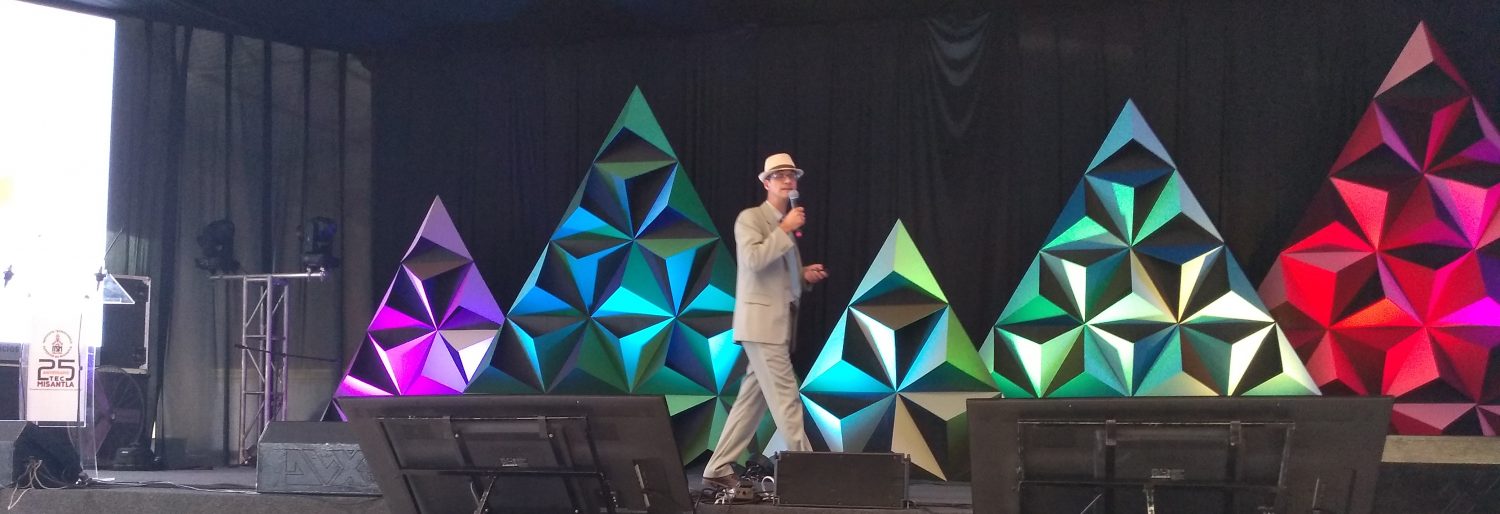Regenerative tourism is a movement whose fundamental purpose is the environmental and social regeneration of the territories. It proposes creating transformative tourist experiences that activate deep connections between visitors, host communities and ecosystems, creating shared value and restoring natural and sociocultural capital, from a perspective that reconnects the human being with nature, and with himself. (Eret 21)
Regenerative Tourism is understood as an emerging, evolutionary, dynamic understanding that includes sustainability within the framework of living systems and emphasizes the relationship of the person with himself, with others and with the earth, in order to make the tourism experience a co-creation at a slowed pace, connecting the visitor in a deeper and positive way with the local community and the systems that sustain life. (Teruel)
Anna Pollock, pioneer and Anglo-Saxon voice of Regenerative Tourism in the world, defines it as a more audacious and inspiring type of tourism. It not only seeks to harm less but to restore the damage that our development system has done to planet earth, using the principles of nature to create the conditions for the flourishing of life. It sees tourism in its entirety and not in parts and offers a very different way of seeing the world.
 Fig 1. Tourism as a catalyst for regional regeneration & climate resilience. Medium.com (Wahl, 2019)
Fig 1. Tourism as a catalyst for regional regeneration & climate resilience. Medium.com (Wahl, 2019)
For Regenerative Tourism is the process of cultivating the capacity and viability of people, and the well-being of communities and other natural systems, in order to continuously renew, evolve and prosper. It is not about keeping what is, or restoring something to what it was. Rather, it is about creating the capacity for continuous development of sustainable tourism towards increasing states of health and vitality. It must bring new and more vigorous life, create greater vitality, viability, capacity for evolution and social well-being.

Fig 2. Esquema de Bill Reed sobre el proceso de regeneración (Quirós, 2016)

The Chilean consultants of Camina Sostenible created the Iniciativa Global de Turismo Regenerativo
as “a collaborative space where professionals, entrepreneurs, academics and agents of change co-create a new understanding of the old concept called sustainable tourism”.
They consider that Regenerative Tourism must consider new dimensions such as local resilience, food sovereignty, conservation and regeneration of the environment, conservation of development and traditional ways of life, installation of appropriate technologies with energy independence, local economic benefits, and enhancement and recovery of culture.

For Norman Rodea (2018), Regenerative Tourism can be understood as a platform that generates high impact transformative experiences that reactivate and nurture relationships between humans and nature, catalyzing understanding, as well as motivating people to coexist with nature, in a spontaneous way. A tool that increases socio-environmental awareness and thus transforming people’s behavior, taking them to a space of thought, attitude and action oriented towards sustainability, regeneration and life itself.

Fig 4. Turismo Sostenible vs Turismo Regenerativo (Rodea, 2018)
Sonia Teruel (2018) in her excellent research thesis «ANÁLISIS Y APROXIMACIÓN A LA DEFINICIÓN DEL PARADIGMA DEL TURISMO REGENERATIVO» defines it as «tourism with a systemic approach that seeks to facilitate a profound and transformative encounter, where man feels part of nature and that contributes to the improvement of the capacity of the socio-environmental systems that sustain the life of the destination and ensure a development of man in co-evolution with nature, taking into account in its design and implementation process not only the economic, socio-cultural and environmental aspects, but also the political and spiritual aspects of the tourism destination «.
